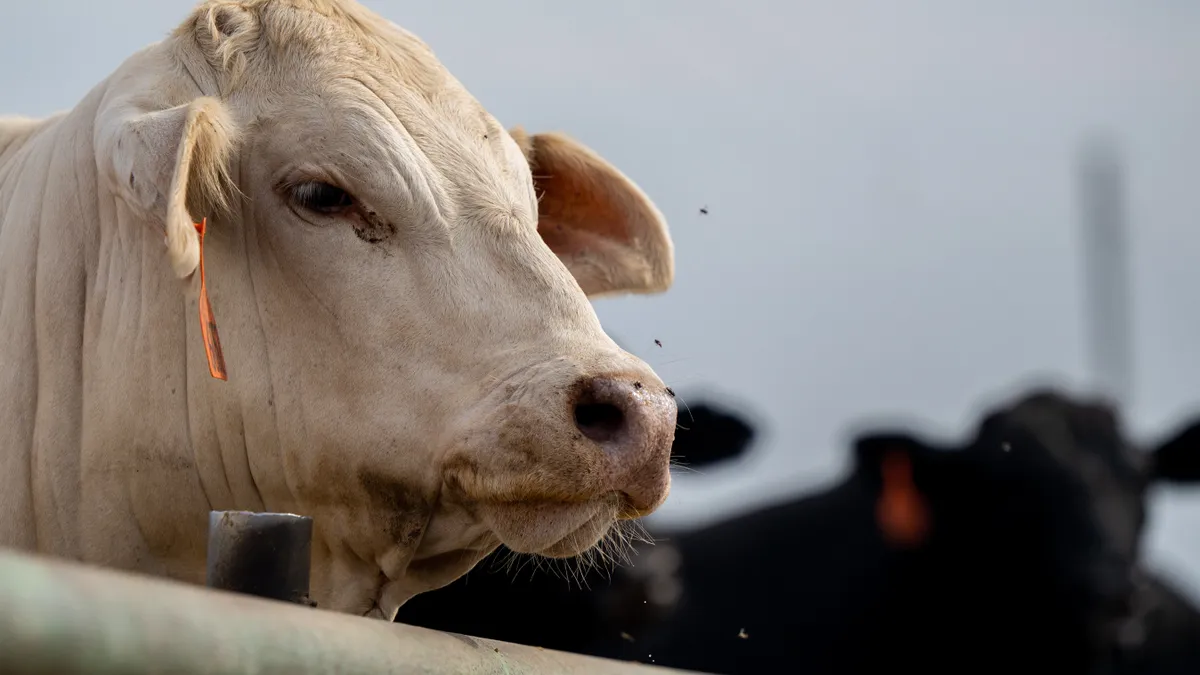A scorching heat wave in Texas has farmers scrambling to maintain livestock and crops as dangerous temperatures strain the state's energy grid.
Blistering heat is stressing cattle and other animals, requiring more water and attention from farmers. Early reports also indicate that the state's cotton and sorghum harvests could be upended.
"It's going to be a period of high risk if it's not handled properly," said Gary Joiner, a spokesperson for the Texas Farm Bureau.
While triple-digit temperatures can be the norm in Texas, this heat wave is unusual in that it's occurring earlier in the season. Not only that, but a "heat dome" over the state is also fueling dangerous humidity, which has caused high temperatures to extend throughout the nights.
That's made it extraordinarily difficult to find times to tend to livestock, which require feedings during the cooler parts of the day to avoid exacerbating heat stress.
"The hardest thing is not the 105 or 107 degree days," said Texas Commissioner of Agriculture Sid Miller. "But when it doesn't cool down at night, that's the hardest because animals can never really get any rest."
The state's pressured energy grid could significantly worsen the situation. With many animals in Texas kept in Concentrated Animal Feeding Operations, farmers depend on giant ventilation fans and blowers to keep livestock cool inside metal buildings.
Estimated power use was expected to hit a new record for the week of June 25, according to the Electric Reliability Council of Texas. More than 10,000 homes in East Texas lost power earlier this week, according to Miller.
A mass power outage in early 2021 due to a severe winter storm froze eggs and forced farmers to dump milk. If the grid were to fail in the summer, it would be significantly difficult to keep livestock ventilated and, more importantly, pump water to keep animals hydrated.
"Rising heat is one thing, but no water to drink becomes critical real quick," Miller said.
Texas experienced a wet spring, which means that animals will have enough water for now, Joiner said. But crop producers will likely have a more difficult season ahead, as many tried to increase planting acreage in response to the increased rainfall.
Higher temperatures come at a critical time for cotton boll development and can force plants to abort their bolls to survive, according to the Texas A&M AgriLife Extension Service. Meanwhile, the heat is causing sorghum to mature early, which will likely impact yields, Joiner said.
Texas producers have taken great strides to adapt to a changing climate in recent years, including planting a wide variety of crops with more drought-tolerant seeds. Still, that may not be enough to stave off the current heat wave.
"There's no substitute for finding relief for a heat of this type," Joiner said. "Those plants are going to suffer at some point."











